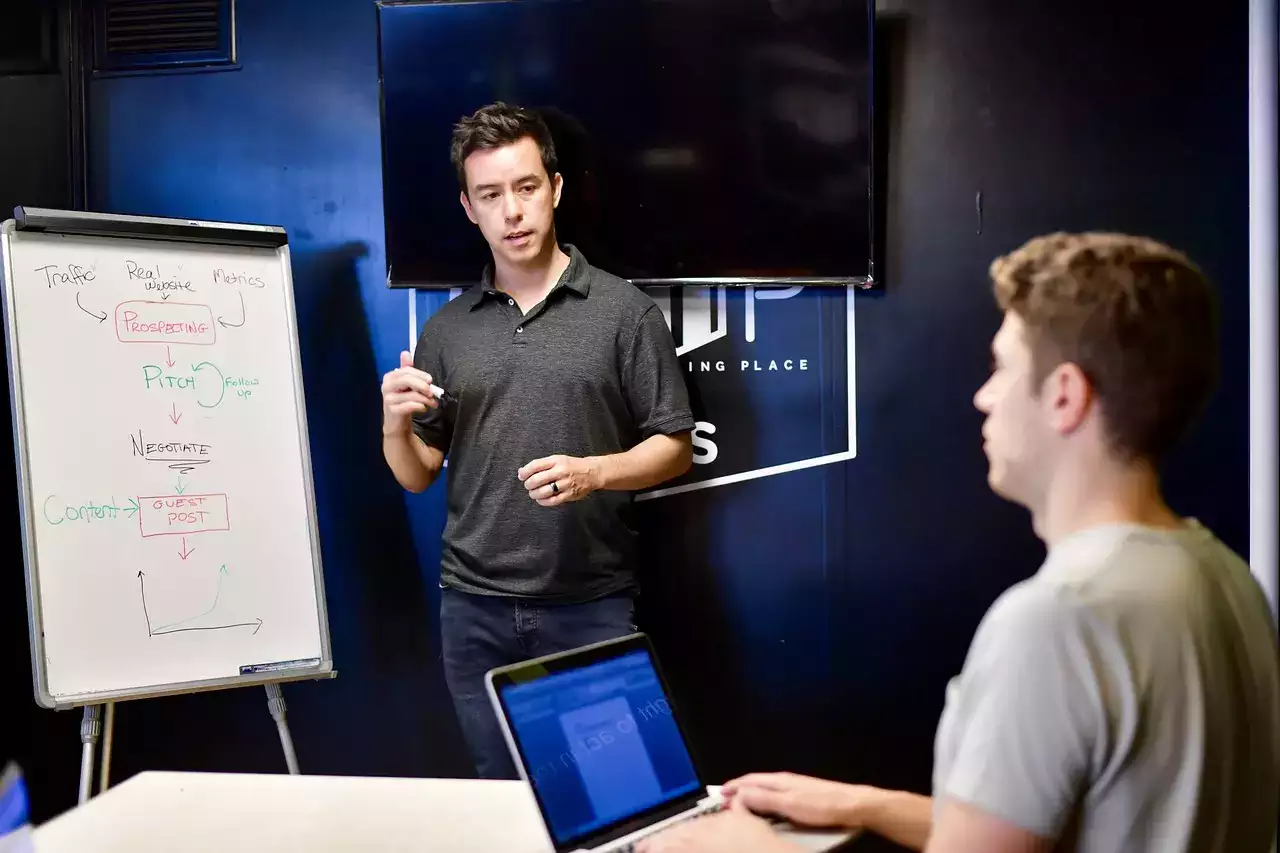Geopolitical Risk Tops CEO Concerns in India and Globally, According to KPMG Survey
Indian CEOs are increasingly concerned about geopolitical risks and political uncertainty, making it the biggest issue for business growth, according to a survey by KPMG. The survey, which includes responses from 1,300 CEOs globally, revealed that 58% of Indian CEOs see ethical challenges as a significant obstacle to adopting generative AI within their organizations, while 56% cite implementation costs as a major barrier. In comparison, these figures are slightly lower for CEOs globally, with 57% identifying ethical challenges and 55% highlighting implementation costs.
The survey also found that 89% of Indian CEOs, compared to 87% globally, are likely to reward employees who make an effort to come to the office with raises, promotions, and favorable assignments. This shows a strong desire among company bosses in India to bring employees back to physical workplaces.
Disruptive technologies, such as generative AI, are seen as a primary risk for organizational growth by both Indian and global CEOs. In fact, 66% of Indian CEOs and 70% of CEOs globally consider investing in generative AI as a top priority for their organizations.
Aside from geopolitical risks and talent concerns, CEOs also worry about the ethical challenges and implementation costs associated with adopting generative AI. These concerns are slightly higher among Indian CEOs compared to their global counterparts.
The KPMG 2023 India CEO Outlook reveals that geopolitical risks and political uncertainty have risen as the top perceived risks for senior executives this year, surpassing concerns from the previous year. Despite these challenges, Indian CEOs remain confident in the growth prospects for the global economy, with 69% expressing optimism for the next three years, up from 57% in 2022. Similarly, their confidence in their own company’s growth prospects has remained steady at 71% in 2023.
While there is a slight decline in growth prospects for India in 2023, CEOs in the country show resilience and confidence that they can recover in the short-term. However, they acknowledge that geopolitical volatility, trade patterns, rising interest rates, and monetary tightening could pose challenges for companies. Nevertheless, the majority of Indian CEOs remain positive about the future and believe in gradually returning to long-term sustainable growth.
Yezdi Nagporewalla, CEO of KPMG in India, emphasized the importance of strategic planning and addressing short-term challenges with agility. He also highlighted the opportunity for leaders to work towards a fair, equitable, and successful planet.
In conclusion, the KPMG survey highlights the growing concerns and obstacles faced by Indian CEOs, particularly in relation to geopolitical risks, talent management, and the adoption of generative AI. However, their confidence in the global economy and their own companies’ growth prospects demonstrates their resilience and optimism for the future.

I have over 10 years of experience in the cryptocurrency industry and I have been on the list of the top authors on LinkedIn for the past 5 years.

